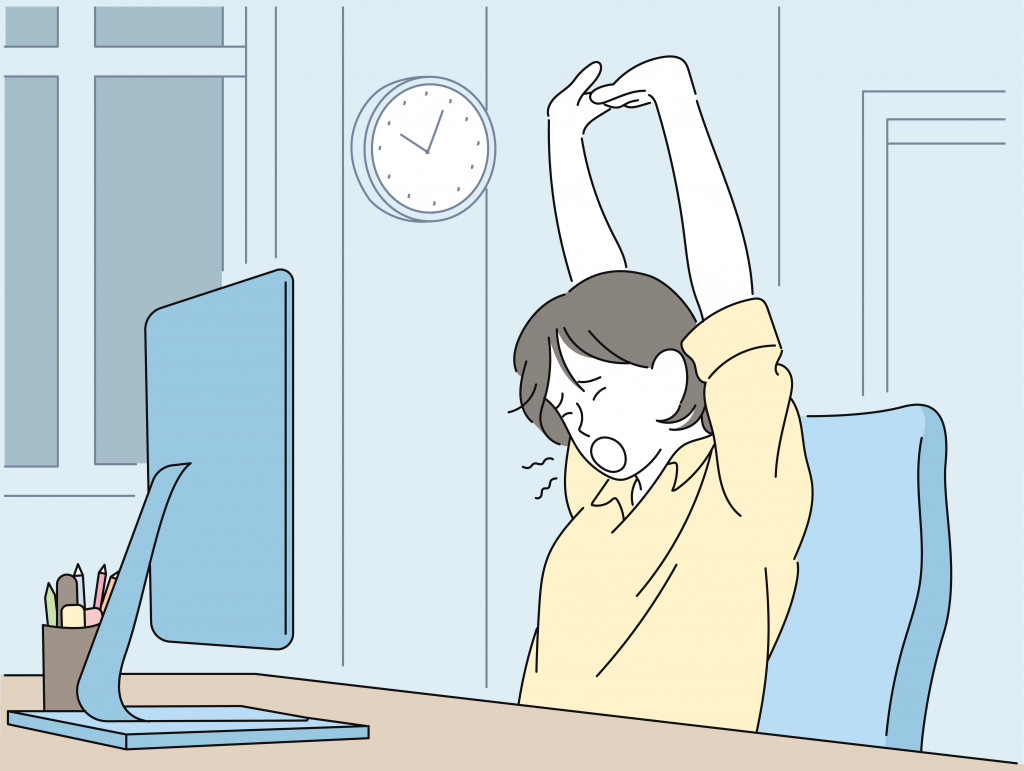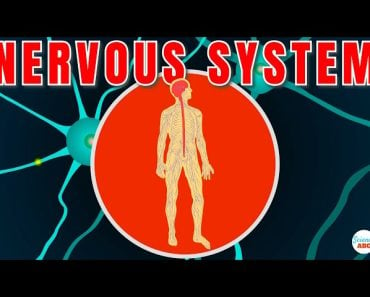Table of Contents (click to expand)
It has been suggested that the act of yawning may be part of a larger biological process that promotes cooling for the brain. However, recent studies indicate that yawning serves many different physiological needs.
Imagine that you’re sitting in class, actively listening and taking notes. You’re engaging with the material, but for some reason, right as the professor turns to look in your direction, you yawn.
You’re not sleepy, nor are you bored, yet you can’t seem to control your actions. The harder you try to control or resist the urge to yawn, the worse it gets. In fact, I implore you to try and make it through this article without yawning. I promise you… it’s nearly impossible.

Everyone yawns. Literally… everyone. It is so contagious that you don’t even have to watch a person yawn to develop the urge to want to do it; even just reading the word “yawn” can trigger you into yawning. Truly, I’ve probably yawned close to 10 times just trying to write this.
In this article, we’ll try to explore the physiological aspects of yawns. Can we control our yawns? Do we only yawn when we’re tired or preparing for sleep? How can yawning actually serve a purpose, if it can be triggered so easily?
We’ll try answering all these questions, but first, there’s another question we need to start with.
Recommended Video for you:
What Is A Yawn?
Think of a yawn as a biological process. In fact, what we call a yawn is actually a series of steps. First, we open our mouths wide and inhale deeply. If you place a hand on your abdomen at this point, you can usually observe your lungs expand upwards. Simultaneously, you will also feel your diaphragm move downwards, toward the abdomen. Then, we exhale incredibly slow.
Yawns are also typically accompanied by excessively dramatic stretches. Think about the way we starfish our body before we get out of bed, or when we raise our hands over our heads at our desks.

Yawning is an involuntary biological process. It is difficult to control because it is not meant to be controlled; it is a physiological process that the body performs when it is deemed necessary. So, what are these needs? Let’s find out!
Why Do We Yawn?
Although research on yawning can be traced back to ancient Greece—Hippocrates thought that yawning was a way to remove “bad” air from the lungs—these ideas have always been poorly circulated.
Pop culture would lead us to believe that yawning is simply a matter of boredom or drowsiness. However, this isn’t always the case.
We know that yawning is a nice way to cool down the body and the brain. In a recent study, conducted by both the University of Maryland and Princeton University, researchers suggested that, in general, individuals who suffer from sinus congestion may in fact yawn more than others (sinuses act similarly to bellows, and aid in the normal process to keep the brain cool) as a means of compensation to appropriately cool off their brain.
The paper was published in the Journal of Medical Hypotheses. Scientists Gary Hack of the University of Maryland and Andrew Gallup of Princeton University wrote that, when yawning, the sinuses act like bellows to cool off the brain. As the authors succinctly summarized, “Brains, like computers, operate best when they are cool.” So, if you suffer from sinus congestion, you might yawn more.
However, there are many other reasons we yawn!
Ranging from increasing alertness to even showing signs of sexual arousal (next time you like someone, yawn at them), we yawn for a lot of things.
For example, if you’ve ever caught the Olympics on TV, or been to an athletics meet, you’ll often catch runners yawning while warming up. Before you ask, no, they’re not bored of running in circles. Rather, yawning encourages blood flow and thermoregulation. Some experts have even suggested that yawning improves concentration by stimulating certain regions in the brain.
It is common for people to associate yawning with being sleepy, tired, or uninterested. However, research has shown that yawning can be triggered by a variety of factors, such as stress. In fact, sometimes, we yawn just to express or vocalize our emotions. According to Walter Smitson, a professor of psychiatry at the University Of Cincinnatti, we yawn when we’re literally at a loss for words. When approached by LiveScience for a quote on the same, he had the following to say:
“People are not comfortable verbalizing anger, boredom, disagreement or rejection. Thus, the yawn states for them, ‘I’m rejecting you. I’m not interested in what you have to say. I’m not interested in you as a person.’ It can serve as a passive-aggressive means to express hostility, anger or rejection when an individual isn’t able to articulate those verbally.”
Conclusion
Finally, research has suggested that yawning can be a sign of hunger. When we don’t have enough energy, our bodies may trigger a yawn in order to alert us to our need for food.
While it is true that yawning can be a sign of sleepiness or tiredness, it is also important to recognize that yawning is a complex behavior and can be triggered by a variety of factors. That said, it is also an understudied facet of human physiology and more concrete research into the matter is required.
References (click to expand)
- Here's Why You Yawn | Live Science. Live Science
- Thompson, S. B. N. (2014, October). Yawning, fatigue, and cortisol: Expanding the Thompson Cortisol Hypothesis. Medical Hypotheses. Elsevier BV.
- Thompson, S. B., & Bishop, P. (2012, September 20). Born to Yawn? Understanding Yawning as a Warning of the Rise in Cortisol Levels: Randomized Trial. Interactive Journal of Medical Research. JMIR Publications Inc.












